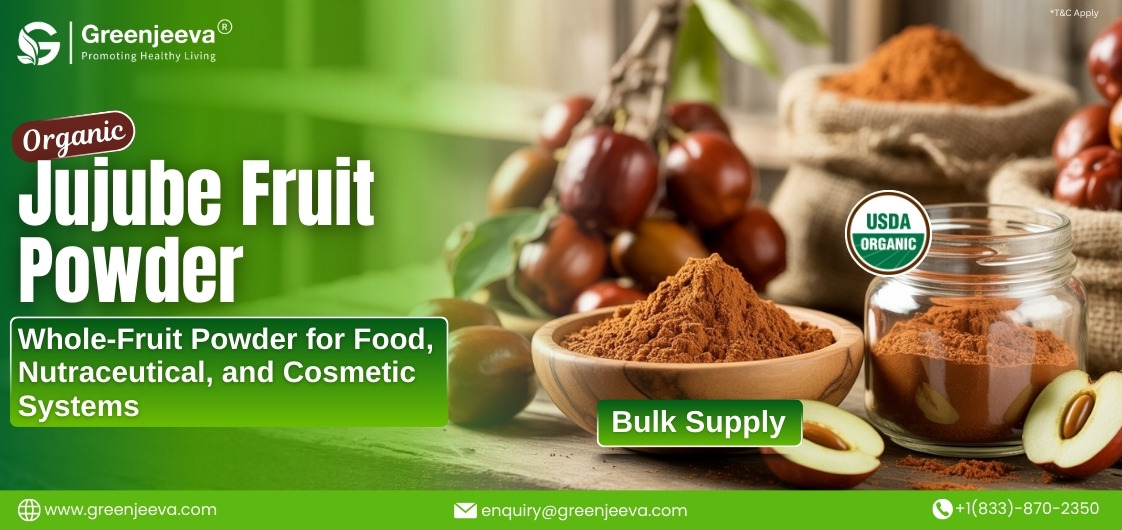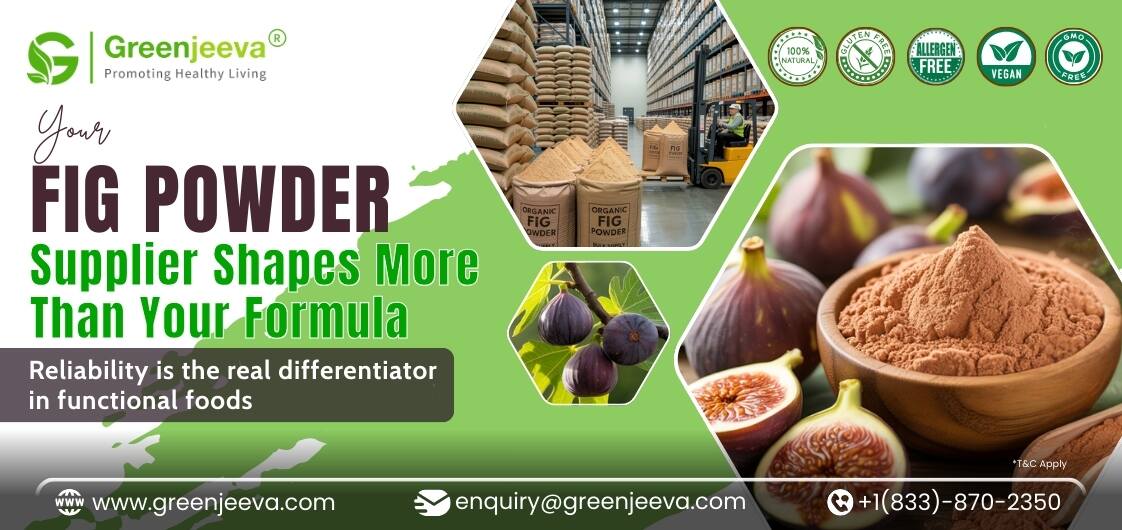Sourcing Challenges: Raw Ingredients for Skincare and Wound Healing Products

In the dynamic skincare and wound healing industry, sourcing high-quality raw ingredients is crucial to creating innovative products. Sourcing teams play a vital role in procuring ingredients with potential benefits for skin care and wound healing, such as promoting skin health, reducing inflammation, and supporting tissue repair. However, sourcing these raw materials has unique challenges, including quality assurance, sustainability considerations, and regulatory compliance.
In this B2B blog, we delve into the sourcing challenges faced by teams in the quest for these valuable ingredients. We also provide valuable insights on overcoming them, meeting the growing market demand for skincare and wound healing solutions.
Understanding the Significance of Raw Ingredients
Exploring the potential benefits of various raw ingredients for skin care and wound healing. This blog sheds light on their key properties, from soothing and healing properties to antimicrobial and anti-inflammatory effects. Understanding the significance of these ingredients allows sourcing teams to make informed decisions. They can select the best components for their products. Awareness of each ingredient's specific benefits helps create targeted formulations. These formulations can address diverse skin care and wound healing concerns. From promoting skin repair to reducing inflammation, each ingredient plays a crucial role. Sourcing teams can harness this knowledge to develop high-quality products that meet consumer needs effectively.
Navigating Complexity in Sourcing
Sourcing raw ingredients for skin care and wound healing can be complex, with challenges ranging from identifying reputable suppliers with expertise in cultivation and extraction to navigating geographical sourcing restrictions and variations in seasonal availability. This section of the blog emphasizes the importance of building strong partnerships and conducting thorough research to ensure consistent quality and efficacy of the sourced ingredients.
Quality Assurance and Third-Party Testing
Ensuring quality assurance is of utmost importance in skin care and wound healing products. Sourcing teams must strongly emphasize implementing strict quality control measures and conducting rigorous third-party testing. This verification process is vital to confirm the presence of bioactive compounds and validate the raw ingredients' healing properties. The blog underscores the significance of these measures, as they play a pivotal role in delivering safe and effective products to consumers. By prioritizing quality assurance, companies can instill confidence in their products, promote customer satisfaction, and uphold their commitment to providing top-notch skin care and wound healing solutions.
Addressing Sustainability and Ethical Sourcing
The increasing demand for natural and sustainable products highlights the need for ethical sourcing practices. Sourcing teams must proactively address sustainability concerns by fostering fair trade partnerships, adopting responsible farming methods, and embracing environmentally friendly extraction processes. This section underscores the pivotal role of ethical sourcing in securing a long-term and dependable supply of these valuable raw materials. By prioritizing sustainability, companies can meet consumer expectations for eco-conscious products, contribute to environmental preservation, and pave the way for a more sustainable and responsible future in the skin care and wound healing industries.
Managing Regulatory Compliance
Managing regulatory compliance poses a critical challenge for sourcing teams. Staying abreast of evolving regulations, particularly those specific to skin care and wound healing products, is essential. The blog underscores the significance of fostering partnerships with suppliers who prioritize compliance. By doing so, companies can mitigate potential risks associated with non-compliant ingredients, ensuring their products meet all necessary regulatory standards. Emphasizing regulatory compliance guarantees the safety and effectiveness of the sourced ingredients. It upholds the company's reputation for delivering consumers trustworthy and law-abiding skin care and wound healing solutions.
Fostering Collaboration and Innovation
Collaboration with trusted suppliers and industry experts fosters innovation in developing skincare and wound-healing products. Sourcing teams can work closely with suppliers to explore new ingredients. They can create unique formulations that cater to the evolving needs of consumers. These consumers seek effective and safe solutions for their skincare and wound healing concerns. Collaboration with suppliers ensures access to cutting-edge research and innovative ingredients. It enables the development of products that stand out in the competitive market. By staying informed about industry trends and advancements, sourcing teams can respond swiftly to consumer demands. They can continue to offer products that deliver exceptional results and exceed expectations.
Essential Ingredients for Skincare and Wound Healing
Sourcing teams carefully select essential ingredients known for their remarkable skincare and wound-healing benefits. These valuable additions are crucial in various cosmetic and medical formulations, promoting skin repair, reducing inflammation, and supporting overall skin health.
Let's explore some of the sought-after ingredients that have garnered attention for their remarkable properties.
Vitamin E: Known for its antioxidant properties, Vitamin E is sourced for promoting skin healing and reducing scarring.
- Green Tea Extract: Sourcing teams source Green Tea Extract for its antioxidants, as it supports skin repair and healing while protecting the skin from damage.
- Shea Butter: Sourcing teams prioritize Shea Butter as a rich moisturizer that nourishes and protects the skin, supporting overall skin health and wound healing.
- Manuka Honey: Sourcing teams seek Manuka Honey for its antibacterial properties, promoting wound healing and tissue repair.
- Tea Tree Oil: Prized for its antimicrobial and anti-inflammatory properties, it is favored by sourcing teams for acne treatment and wound healing.
- Lavender Essential Oil: Sourcing teams seek Lavender Essential Oil for its ability to promote skin regeneration and aid in wound healing, given its potential antimicrobial properties.
- Calendula Extract: Sourcing teams value Calendula Extract for its benefits in skin irritations and wound healing, as it is renowned for its potential anti-inflammatory and antimicrobial properties.
- Aloe Vera Gel: Sourcing teams seek Aloe Vera Gel for its soothing and healing properties, known to promote skin hydration, reduce inflammation, and aid in wound healing.
- Chamomile Extract: Sourcing teams prioritize Chamomile Extract for its calming and potential anti-inflammatory effects, supporting sensitive skin and wound healing.
- Rosehip Seed Oil: Rich in vitamins and essential fatty acids, Rosehip Seed Oil is believed to promote skin repair and diminish the appearance of scars.
- Jojoba Oil: Sourcing teams value Jojoba Oil as a natural emollient that moisturizes the skin and supports wound healing.
- Witch Hazel Extract: Witch Hazel Extract is sourced for its astringent and anti-inflammatory effects, which are beneficial in reducing redness and inflammation in the skin.
- Centella Asiatica Extract (Gotu Kola): Sourcing teams source Centella Asiatica Extract for wound healing and skin rejuvenation, believing it enhances collagen production and skin elasticity.
- Sea Buckthorn Oil: Sourcing teams value Sea Buckthorn Oil for its richness in vitamins and antioxidants. Known for promoting skin regeneration and wound healing.
- Zinc Oxide: Sourcing teams seek Zinc Oxide's antiseptic properties for supporting wound healing. It is commonly used in wound care products.
These raw ingredients offer a wide range of potential benefits for skin care and wound healing. They are valuable additions to various cosmetic and medical formulations.
Also Know : Dietary Supplements and Sports Nutrition Industry- Sourcing Challenges
Conclusion
Sourcing high-quality raw ingredients for skin care and wound healing products is a complex yet rewarding endeavor for sourcing teams. By addressing the challenges of navigating complexity, ensuring quality assurance, and promoting sustainability, these teams can procure valuable ingredients. Managing compliance and fostering collaboration is also vital for meeting the growing market demand. Empowering businesses to deliver safe, effective, and innovative skincare and wound-healing solutions is essential. Doing so meets consumer needs and promotes healthier and more resilient skin, contributing to overall well-being.
**The Food and Drug Administration has not evaluated these statements. This product is not intended to diagnose, treat, cure, or prevent any disease.**






